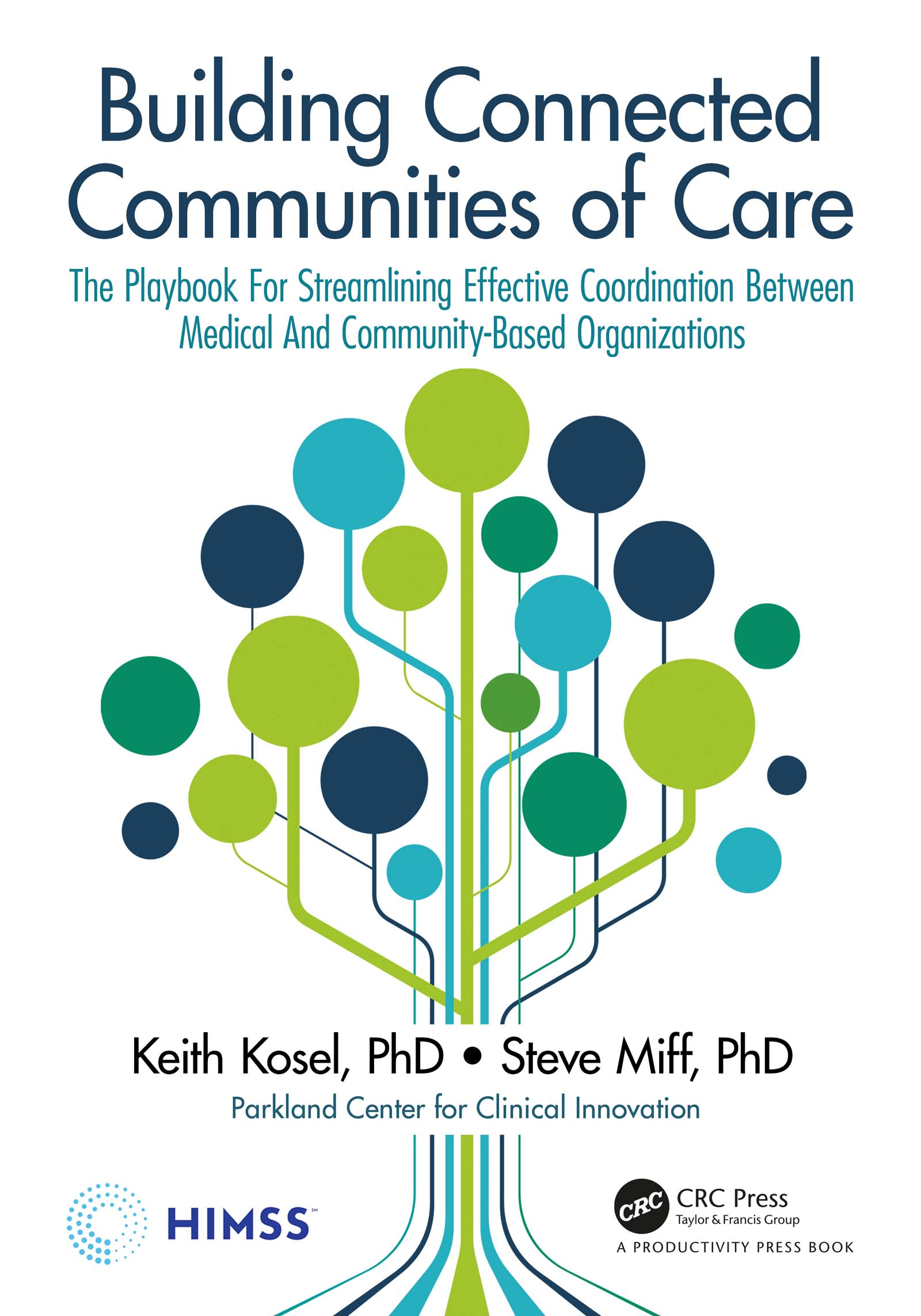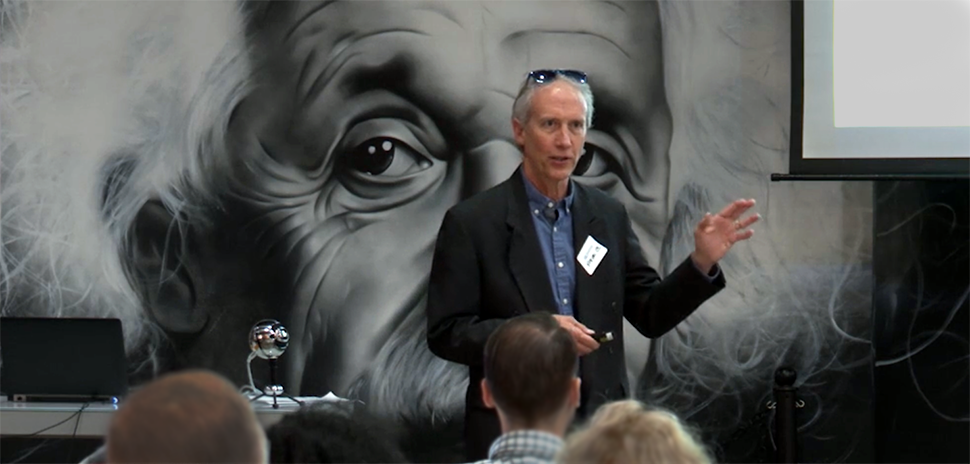Parkland Innovation Center believes that data—done right—has the power to galvanize communities, inform leaders, and empower people. Now, the advanced data science-driven Parkland Center for Clinical Innovation (PCCI) has released a new step-by-step playbook on how to coordinate medical- and community-based healthcare resources.
North Texas is one of the first metropolitan regions to use a web-based information exchange to generate collaboration between the community’s healthcare and social sectors, says PCCI.
The organization is sharing the expertise its book—Building Connected Communities of Care: The Playbook for Streamlining Effective Coordination Between Medical and Community-Based Organizations—to help change how, where, and when healthcare is delivered.
PCCI started out as a department within Parkland Health and Hospital System. While it remains “tightly connected” to Parkland, the healthcare analytics R&D group was spun out as its own independent, not-for-profit organization in 2012, according to its website.
PCCI wants its new book to be a practical how-to guide for streamlining assistance efforts between medical and social services. That can reduce costs and improve the health, safety, and well being of vulnerable residents, like those with chronic diseases and complex social needs, the organization said in a release.
Insights are based on the experiences of authors Steve Miff, PhD, PCCI’s president and CEO, and Keith Kosel, PhD, PCCI’s VP of Enterprise Relationships. The co-authors used their experiences in data science, clinical expertise, and social determinants of health insights, most of which was conducted in Dallas.

Building Connected Communities of Care is on sale now at HIMSS Publishing and on Amazon. [Photo: via PCCI]
The intended audience is health systems, payers, communities, philanthropic agencies, foundations, and federal and local policymakers. But, Dr. Miff said it can help just about any community “build a foundation for creating successful communities of care.”
“This book is a must-have for anyone seeking expert insights about how to maximize the possibilities of social determinants of health,” he said. “To help change healthcare from the costly, resource intensive system we have today, we need to understand that health begins where we work, live, learn, play and pray. By moving our focus upstream, it will make a significant impact on the resources and costs we experience in our current healthcare system.”
So far, the book has been endorsed by Elena Marks, president of the Episcopal Health Foundation; Richard Daniels, CIO at Kaiser Permanente; and David Nash, MD, founding Dean Emeritus at Jefferson College of Population Health, who also wrote the book’s call to action.
The forward was contributed by David J. Scullin, president and CEO of the Communities Foundation of Texas.
“The Building Connected Communities of Care playbook is one of the first step-by-step guides that provides specific details and steps to start taking action,” Marks said in a statement. “The mix of lessons, practice pointers and case studies make the insights useful for communities of all shapes and sizes.”
![]()
Get on the list.
Dallas Innovates, every day.
Sign up to keep your eye on what’s new and next in Dallas-Fort Worth, every day.






























